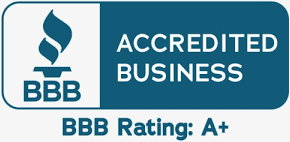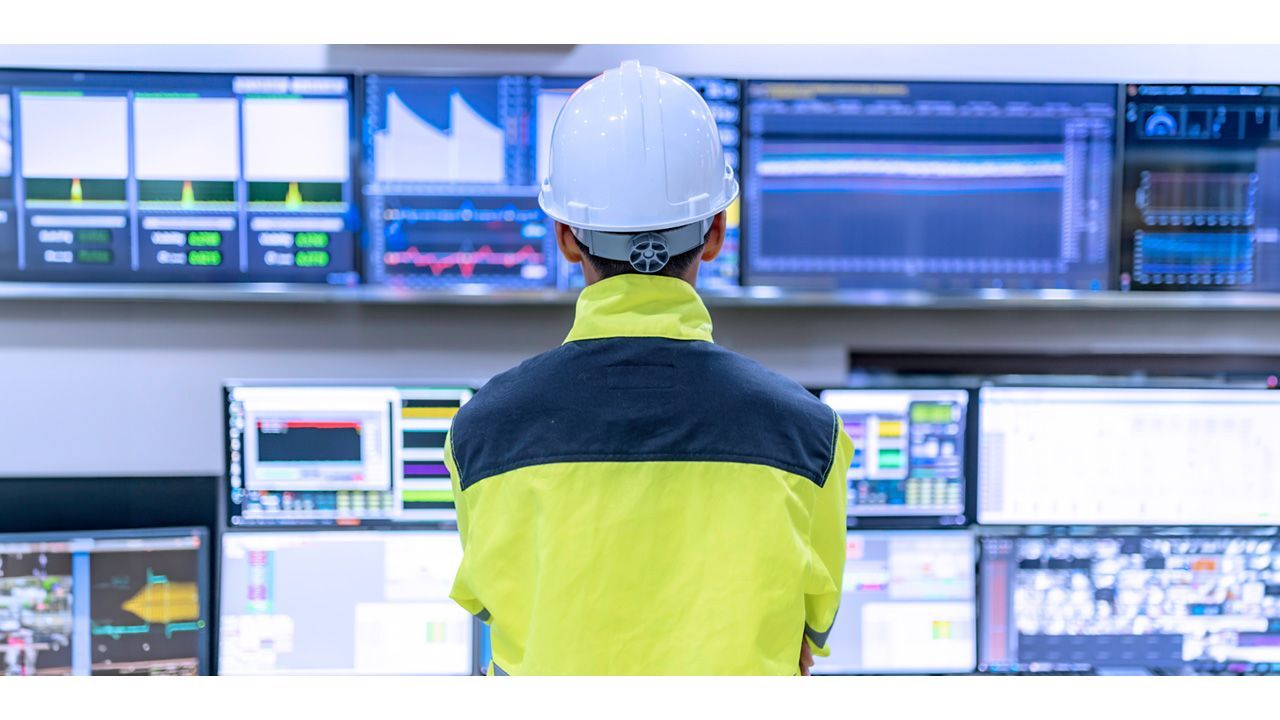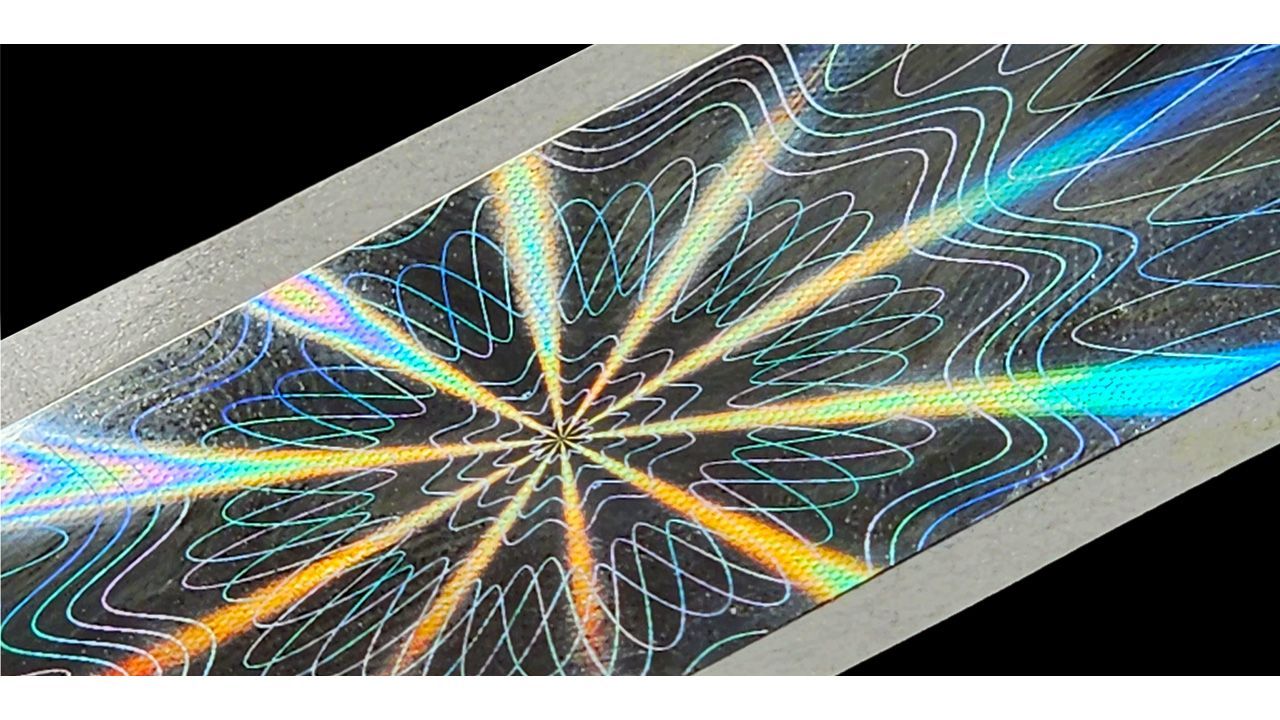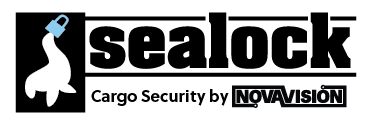In an increasingly digital age, the security of computer servers and server rooms has never been more crucial. A secure server doesn't just mean ensuring robust digital defenses, but it also involves implementing stringent physical security measures. This level of security is essential because the stakes are high; servers are often the heart of a business's operations, storing and managing sensitive data that forms the basis of daily operations, strategic planning, and decision-making.
If hackers were to breach these secure servers, the consequences could be dire. They could gain access to sensitive information such as customer data, trade secrets, intellectual property, financial information, and strategic plans. In other words, a single breach could potentially destabilize an entire business operation, damaging its reputation and bottom line.
The Fundamentals of Protecting Computer Equipment and Server Rooms
Protecting computer servers and server rooms involves a two-pronged approach: implementing basic server security measures and establishing physical security protocols.
Basic Server Security Measures
Server security begins with setting up robust network security systems, which include firewalls to block unauthorized access, intrusion detection systems to identify potential security breaches, and anti-virus software to protect against malware. Additionally, servers should be regularly updated with the latest security patches and upgrades.
Equally important is implementing strict access control, including strong password policies, two-factor authentication, and limited permissions to ensure that only authorized individuals can access the servers. Regular auditing and monitoring of server activity can also help identify any potential security issues before they escalate into serious threats.
Physical Security Measures for Server Rooms
While network and access security are critical, physical security measures for server rooms are often overlooked and can be just as important. Server rooms should be well-protected, with access limited to only essential personnel. Entry points should be secured with high-security locks or biometric access controls, while surveillance cameras should monitor the room continuously.
Moreover, environmental controls are necessary to protect the servers from physical damage. These include maintaining appropriate temperature and humidity levels, having fire suppression systems in place, and ensuring that the server room is properly ventilated to prevent overheating. Additionally, the use of security labels and seals on servers and related hardware can deter tampering and provide an extra layer of security.
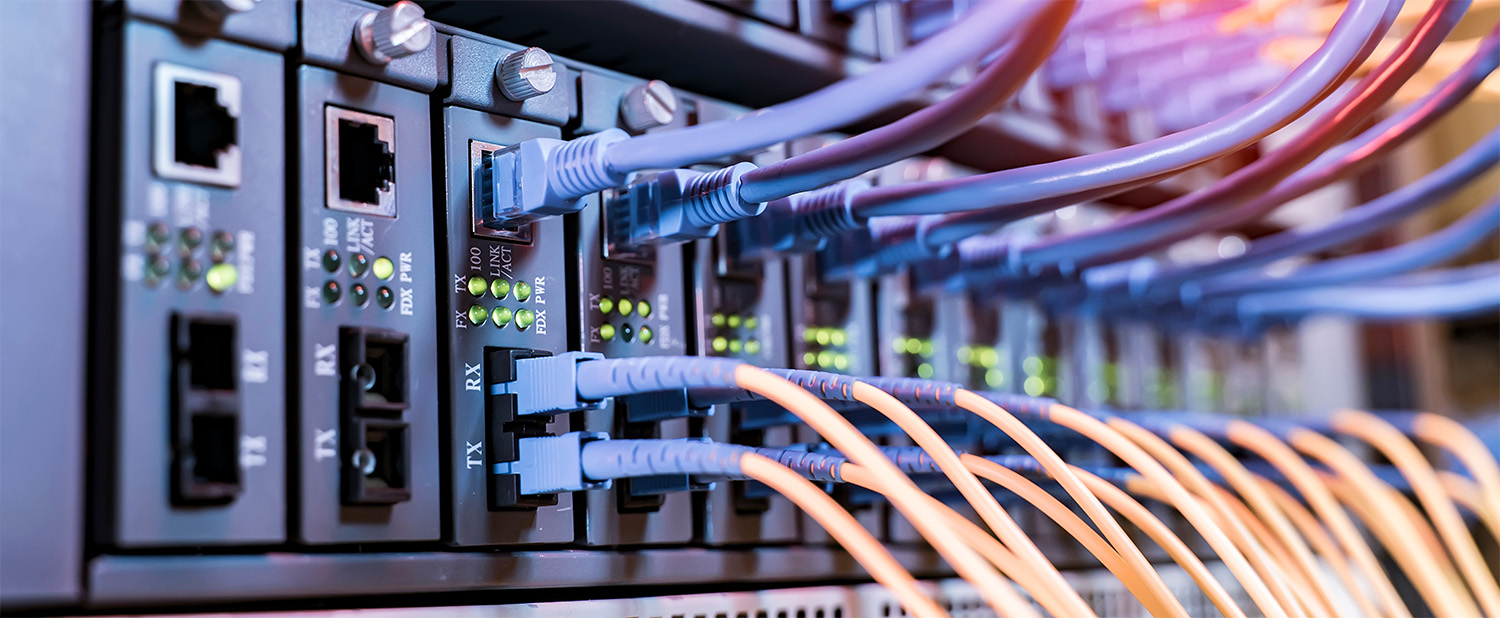
The Consequences of Breached Server Security
Potential Damage and Loss in a Server Breach
The implications of a server breach extend far beyond the immediate loss of data. Breaches can cause a significant financial drain, whether through direct loss, the cost of remediation efforts, or potential legal liabilities resulting from compromised customer data. Notably, IBM's "Cost of a Data Breach Report 2022" estimates the average total cost of a data breach to be $4.24 million, an all-time high.
In addition to financial losses, companies may also experience significant reputational damage. Customers and partners may lose trust in the company's ability to protect their sensitive data, which could lead to lost business. Furthermore, a breach can have a long-term impact, taking years for an organization to fully recover and regain its market position.
The Type of Data and Access Hackers Could Gain in a Server Breach
The specific data and access that hackers could gain in a server breach depends on the nature of the business and the data stored on the servers. Generally, they could gain access to sensitive customer information, including names, addresses, phone numbers, and even financial information like credit card details. They could also access confidential business data such as intellectual property, strategic plans, financial records, and internal communications.
Furthermore, hackers could potentially gain control over the compromised servers, giving them the ability to disrupt or manipulate business operations. In worst-case scenarios, they could use the compromised server as a launchpad for attacks on other systems within the network.
The Solution: High Security Hologram Labels (FIPS)
FIPS Hologram Labels
Despite the high stakes associated with server breaches, the solution may lie in the innovative specialized technology: High Security Hologram Labels compliant with Federal Information Processing Standards (FIPS).
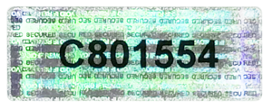
HoloGuard™ and UltraGuard™ Hologram Labels
NovaVision offers two types of FIPS-compliant hologram labels: HoloGuard™ and UltraGuard™. The HoloGuard™ holograms are suitable for most conventional surfaces such as bare metal, painted metal, and many smooth plastics. On the other hand, the UltraGuard™ holograms are our premium offering, boasting a robust tamper-evident feature designed for the most difficult surfaces such as low energy plastics, textured surfaces, powder-coated paint, and more.
Test Your Security Implements before Investing
Before committing to a purchase, it is crucial to test and certify the labels to ensure they meet the requirements of your specific application. This ensures that they meet your needs in terms of adhesion, surface compatibility, and overall performance. To facilitate this, NovaVision offers free samples for testing. By doing so, you can be confident that the FIPS security labels you choose will provide the optimal level of protection for your server equipment.
Other Computer and Server Room Security Products
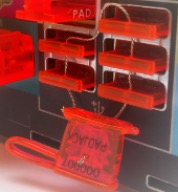
PadJack™ Computer Locks & Seals
While the FIPS labels provide critical protection, NovaVision offers other security solutions like PadJack™ computer locks and seals for a more comprehensive security approach. PadJack™ seals secure the physical ports of your server equipment, preventing unauthorized access and safeguarding your hardware further. Together with the FIPS labels, they can form a formidable defense against physical tampering and breaches.
Non-Residue Labels
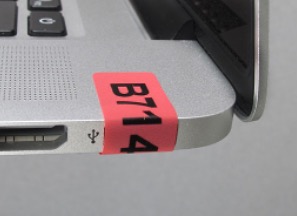 Another powerful tool in the security arsenal of server rooms is the use of Non-Residue Security Labels. As their name implies, these labels are designed to leave no residue when removed, making them an ideal solution for applications where cleanliness and non-contamination are critical, such as on server hardware.
Another powerful tool in the security arsenal of server rooms is the use of Non-Residue Security Labels. As their name implies, these labels are designed to leave no residue when removed, making them an ideal solution for applications where cleanliness and non-contamination are critical, such as on server hardware.
Non-residue security labels serve as an effective deterrent against unauthorized access or tampering. Once applied, these labels create a tamper-evident seal. If someone attempts to remove the label, it will void, leaving a clear indication of tampering. However, unlike conventional security labels, they don't leave any adhesive residue on the surface, ensuring that your server equipment remains clean and residue-free.
Learn More
NovaVision is committed to helping businesses safeguard their critical server equipment and data. With our state-of-the-art security labels and other security products, we strive to provide a comprehensive solution to your server security needs. We invite you to reach out to us for more information, order samples for testing, or place an order for our security products. Protect your business's future today with NovaVision's security solutions.


